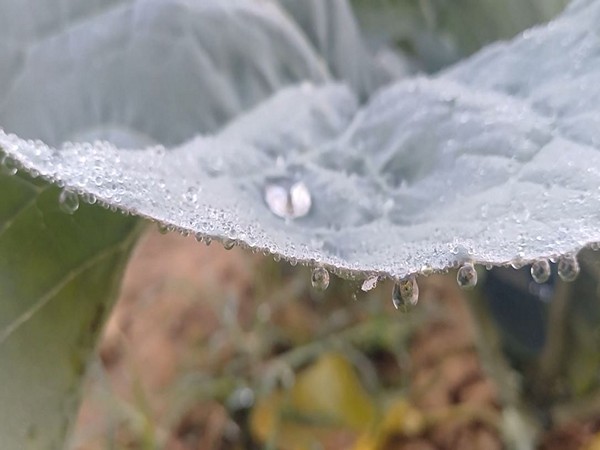Severe Cold Wave Strikes Northern Odisha as India Braces for Chilling Temperatures
Northern Odisha is enduring a severe cold wave, with Mayurbhanj's Uper Baraha Kamuda recording 3°C. Forecasts indicate cold conditions in several Indian regions until December 20. Many citizens, especially in Delhi, rely on public shelters for warmth and sustenance during this chilly spell.

- Country:
- India
A severe cold wave has enveloped northern Odisha, hitting the district of Mayurbhanj hardest, with the Uper Baraha Kamuda area recording a bone-chilling 3 degrees Celsius. According to the Forest Department, temperatures in Ramatirtha have dropped to 10 degrees Celsius, while Gurguria and Barehipani reported 6 degrees Celsius, Chahala 4 degrees, Nawana 5 degrees and UBK a frigid 3 degrees Celsius.
IMD scientist Dr. Soma Sen Roy stated on Saturday that this cold wave is expected to last one to two days in North and Central India, with temperatures possibly rising by December 16-17. She highlighted the winds changing from north-westerly to south-easterly in North India, with Delhi expecting a slight 1-2 degree Celsius temperature dip. Cold waves were observed in Punjab and Madhya Pradesh, with similar conditions anticipated to prevail in various regions as per the Met Department's forecast until December 20.
The winter chill is also affecting North Indian hill towns like Shimla, which have seen fresh snowfall, disrupting daily life. In Delhi, fog has descended over the city as the minimum temperature wavered at 7 degrees Celsius, according to the India Meteorological Department.
Amid the temperature drop in the capital, many sought shelter in refuge facilities. At a family shelter near AIIMS Delhi, residents are offered proper beds, plentiful blankets, and receive food twice a day, along with tea and rusk in the mornings, said Ved Pal. The shelters also provide basic medical supplies and assistance.
(With inputs from agencies.)
- READ MORE ON:
- cold wave
- Odisha
- Mayurbhanj
- IMD
- India
- temperatures
- shelter
- Delhi
- weather
- snowfall
ALSO READ
Bridging Cultures: Italy and India's Growing Ties
India & ADB Sign $98 Million Deal to Boost Horticulture with Disease-Free Crops
Scindia Criticizes Opposition Over EVM Allegations Amidst Political Turmoil
India's GDP Growth Signals Economic Challenges in FY25
Finance Minister Urges RRBs to Digitally Empower Rural India by 2024










